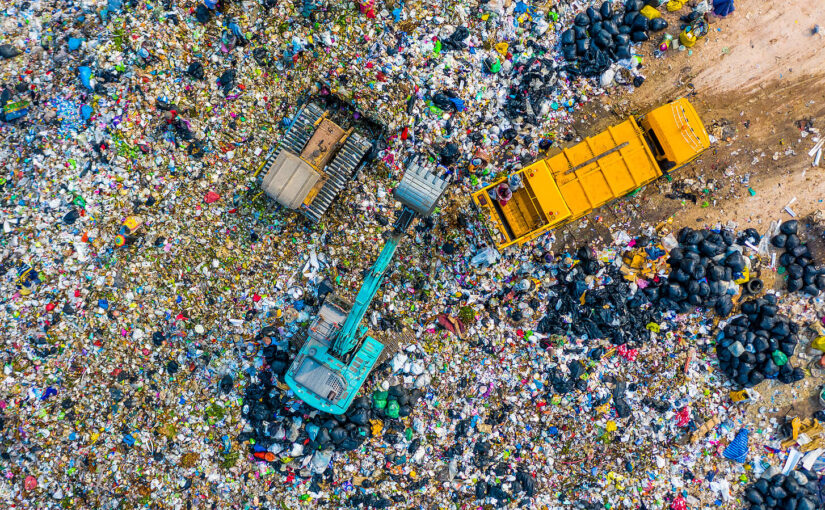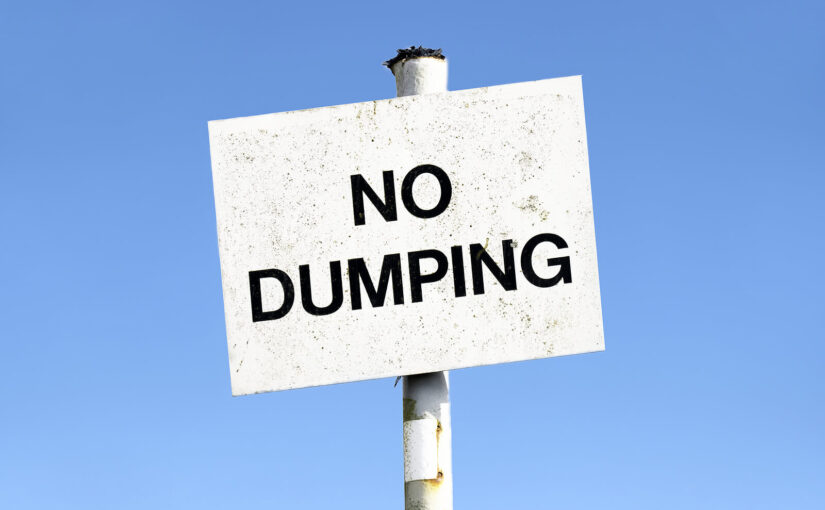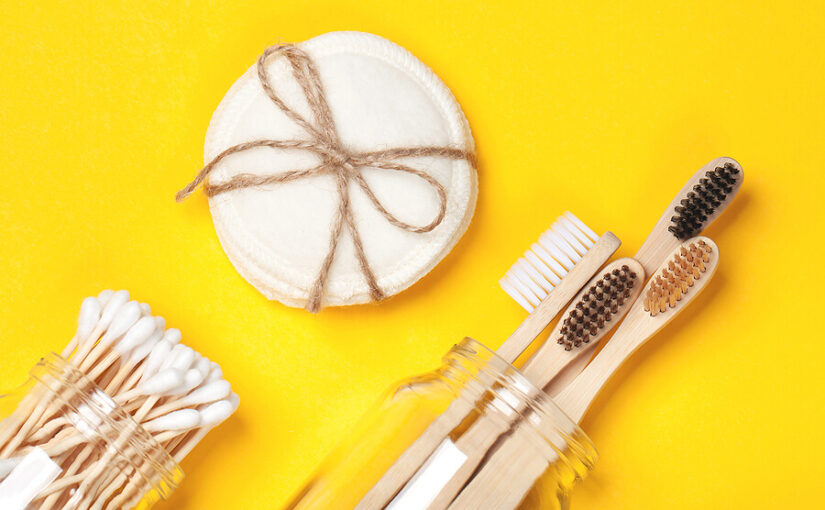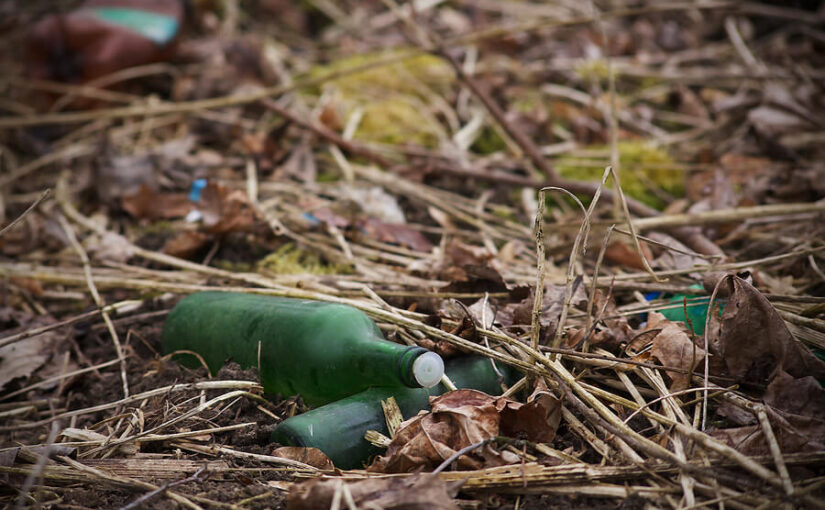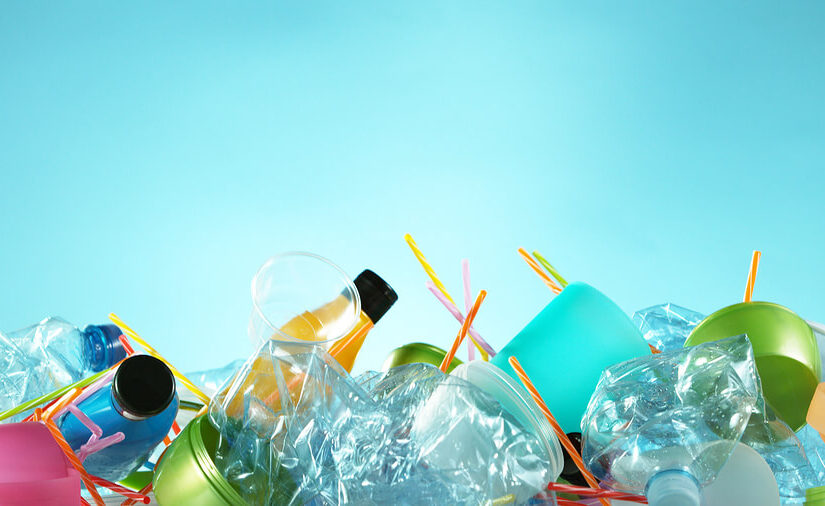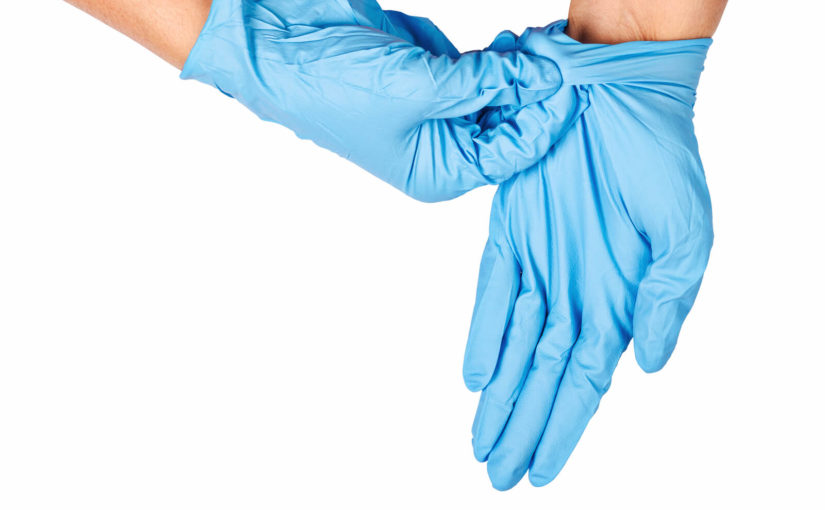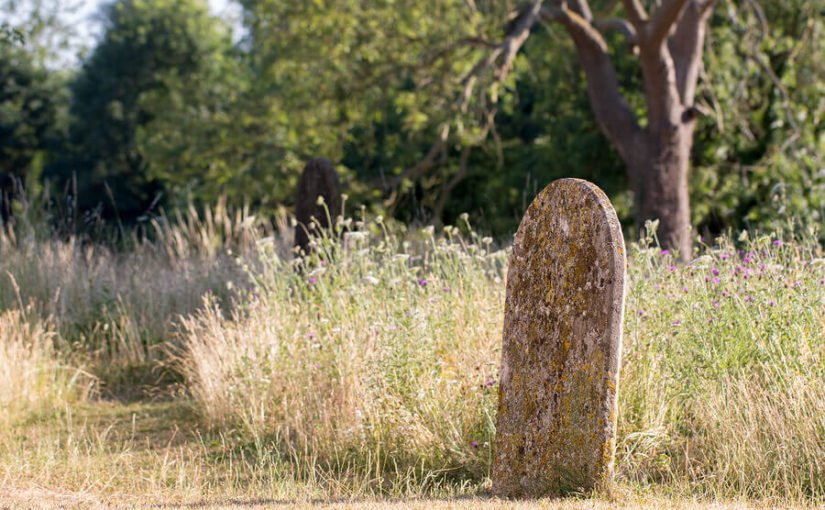Plastic is polluting the environment every day. As well as
on land, plastic is in the sea and causing more harm than ever. In fact, at
least eight million pieces of plastic are entering the oceans every day.
You may be wondering how so much plastic is entering the
oceans. Two-thirds of plastic comes straight from land-based sources, such as
litter left on the beach or washed down the drains from rubbish dropped in
towns and cities.
The amount of plastic in the oceans currently stands at a shocking 51 trillion microscopic pieces of plastic, which weighs 269,000 tonnes (equivalent to 1,345 adult blue whales). As well as harming our environment, wildlife is greatly affected. Fish, seabirds, dolphins, and seals face injuries and are at the risk of dying from being entangled in plastic or mistaking it for food.
Continue reading How to eliminate single-use plastic from the kitchen
